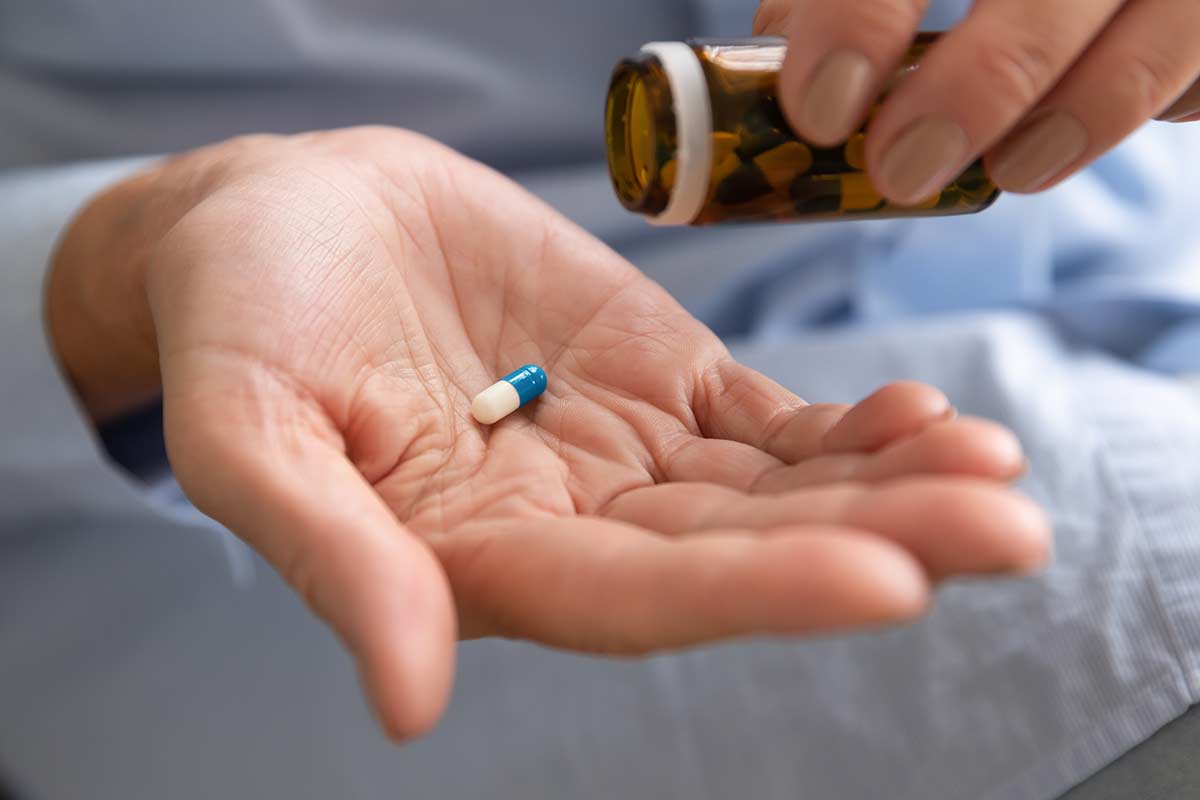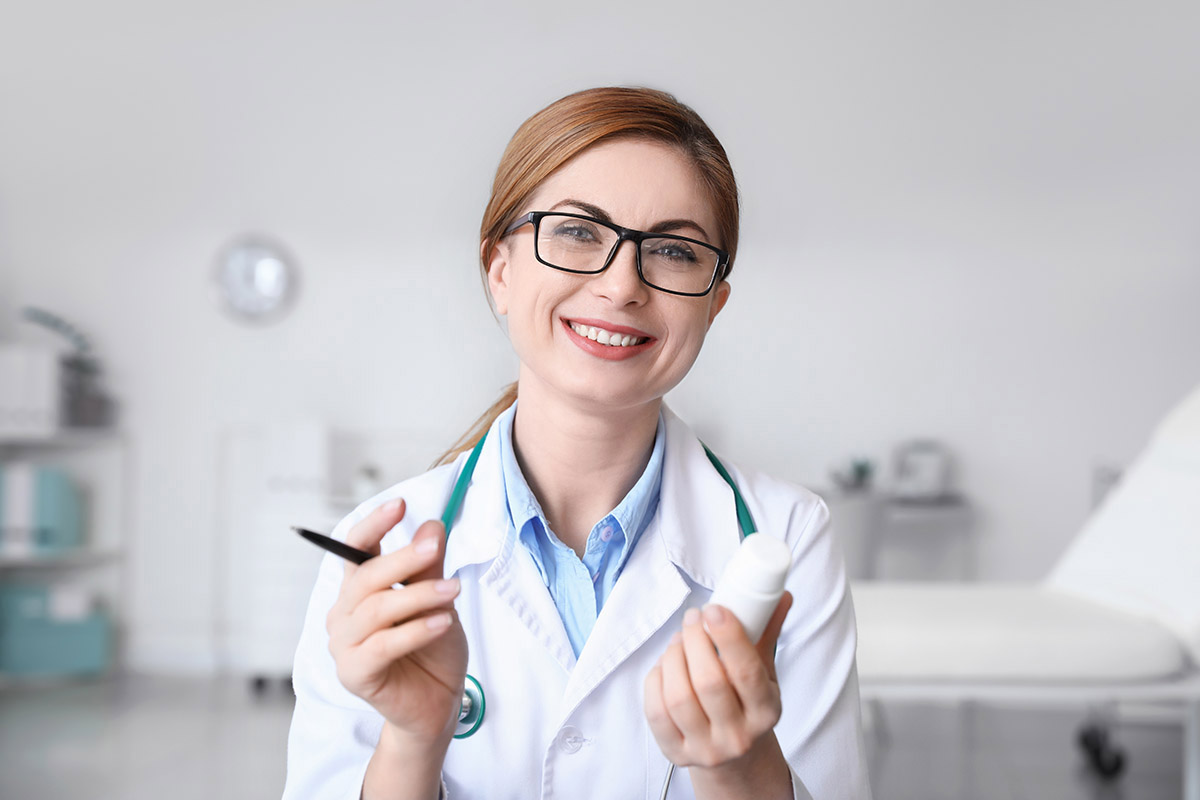Oxycontin is a common gateway drug to heroin. Whether you buy the medication legally or illegally, if dependency develops, seek professional help from an Oxycontin addiction treatment program. Skilled experts, such as the Colorado Medication Assisted Recovery, can use innovative treatment methods to help you overcome the pandemic. To learn more about our programs, contact Colorado Medication Assisted Recovery today at 833.448.0127.
The Significance of Oxycontin Treatment Programs
Individuals experiencing chronic pain can use Oxycontin to eliminate the burden and to find the pain relief they’re seeking. However, users must understand the dangers of Oxycontin addiction in CO and take immediate action if they cannot quit.
If you develop a dependency, accepting the problem and checking into rehab will help you avoid severe long-term consequences. The condition starts with enhanced tolerance, whereby you have to increase your dose to achieve the desired effects. Drug dependency can change the way of thinking and put you in trouble. For example, some people can do anything, including stealing, to get money for the drug.
Drug dependency can cause you to lack interest in vital day-to-day activities. In most cases, individuals ignore their responsibilities to look for more drugs. Such issues impact many areas of life, including finances, relationships, and health, leading to legal problems.
Some people think they can use their willpower to deal with the problem, but they often relapse. If you try quitting without following a personalized oxycontin addiction treatment program, you may find yourself suffering from uncomfortable withdrawal symptoms. The experience can be life-threatening.
What to Expect During Oxycontin Treatment
Drugs have chemicals that alter your brain and body functions. Such changes make it challenging for the user to quit despite understanding the potential harm. Fortunately, rehab centers can use personalized treatment programs and evidence-based therapies for a successful recovery process. Every person is unique and requires an individualized approach. At rehab, you can benefit from many treatment programs, including:
If you’re struggling with Oxycontin addiction in CO, you’ll find that this is a common problem, so you should not battle it alone. The journey to recovery requires guidance and support from professionals who understand your situation. Besides, rehab treatment offers an opportunity to meet peers and share experiences. Therapists focus on helping their clients to recover and achieve their goals.
Oxycontin Addiction Diagnosis and Symptoms
When can you seek help for oxycontin abuse? If you use the drug without a prescription or take a more considerable amount than instructed, this is misuse. Some people may consume it in different ways than what is recommended by their physicians. For example, long-term users try to increase potency by crushing and inhaling the powder form.
Intense craving for the drug when it is not available is a sign of dependency. If you have these issues, consult a rehab professional for an oxycontin treatment program. The most common signs and symptoms of addiction include:
- Lack of motivation
- Anxiety and depression
- Slurred speech
- Altered sleep habits
- Poor coordination
- Enhanced euphoria
- Shallow and slow breathing
Oxycontin addiction can lead to a fatal overdose. In such a situation, the person needs emergency medical attention to reverse the effects. Act immediately and call for help if the person shows signs like vomiting, constricted pupils, unresponsiveness, and slow breathing.
Contact Colorado Medication Assisted Recovery for Addiction Treatment
Are you struggling with oxycontin dependency? If left untreated, the condition can cause severe health problems, some of which can be fatal. Do not let an avoidable situation ruin your life. Seek help from an oxycontin treatment program where addiction treatment professionals will ensure you achieve permanent recovery. Contact Colorado Medication Assisted Recovery today at 833.448.0127 for a customized treatment program.

























